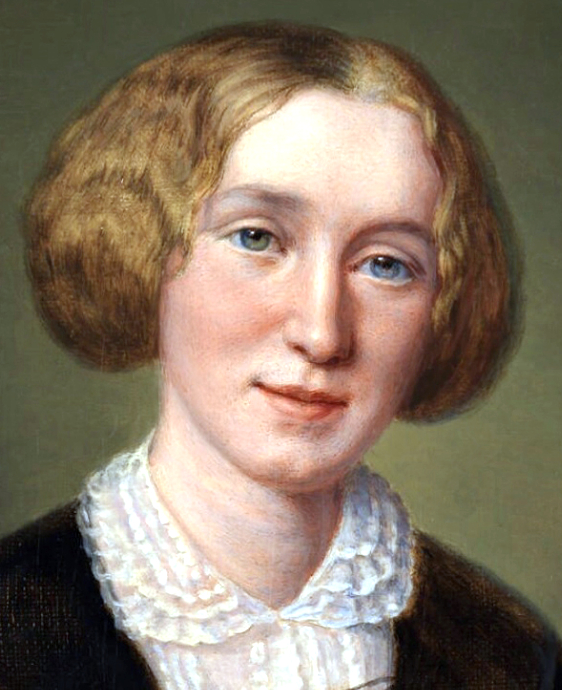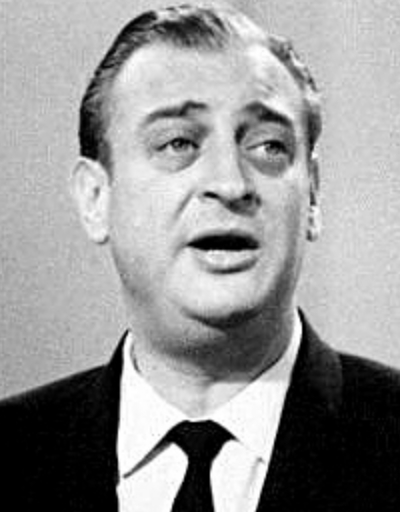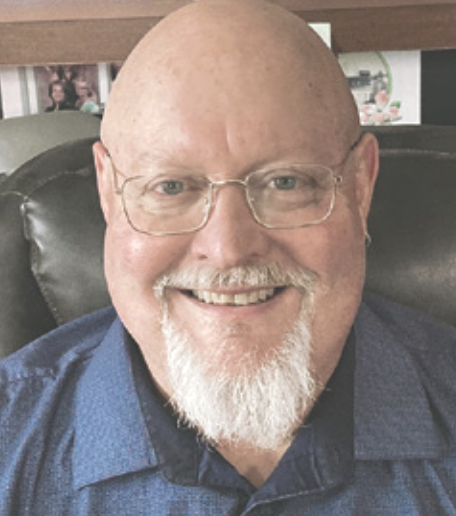November 22
George Eliot

On this date in 1819, novelist and essayist George Eliot, née Mary Ann Evans, was born at a farmstead in Derbyshire, England, where her father was estate manager. (Although she didn’t publish under her pen name until 1857 and used several versions of her given name, Eliot will be used throughout this entry for simplicity’s sake.) As the youngest child and a favorite of her father, she received a good education for a young woman of her day. Influenced by a governess, she became a religious evangelical as an adolescent. Her first published work was a religious poem.
Through a family friend, she was exposed to the Unitarian Charles Hennell’s Inquiry Concerning the Origins of Christianity. Unable to believe, she stopped attending church. In an 1842 letter to a friend, she termed the bible as “histories consisting of mingled truth and fiction” and prayer as “a vain offering.” (The George Eliot Letters, Vol. I, 1954.) Her religious views had earlier caused her father to shun her and send her to live with a sister until she promised to reexamine her feelings. She apparently did and kept house for him until his death in 1849. Her mother had died in 1836 when Eliot was 16.
Her intellectual views did not, however, change. She translated Strauss’ Das Leben Jesu, a monumental task, without signing her name to the 1846 work. She accepted the assisant editorship of the Westminister Review quarterly, the official organ of the Philosophical Radicals founded by Jeremy Bentham in 1823. Despite a heavy workload, she translated Feuerbach’s The Essence of Christianity, the only book ever published under her real name.
Eliot then scandalized society by sending notices to friends announcing she had entered a free “union” with writer and arts critic George Henry Lewes, who was unable to divorce his wife. They lived harmoniously together for 24 years while enduring social ostracism and financial hardship. She started her impressive fiction career, including Scenes of Clerical Life (1857), Adam Bede (1859), The Mill on the Floss (1860), Silas Marner (1861), Romola (1863) and Middlemarch (1871). British writer Martin Amis has called Middlemarch the greatest novel in the English language. Daniel Deronda (1876) was her last novel. Lewes died two years later.
She married John Walter Cross, 20 years her junior, in May 1880. A throat infection coupled with the kidney disease with which she had been afflicted for several years led to her death at age 61. She was denied burial in Westminster Abbey because of her criticisms of Christianity and her relationship with Lewes. (D. 1880)
“I have not returned to dogmatic Christianity — to the acceptance of any set of doctrines as a creed, and a superhuman revelation of the Unseen.”
— Eliot letter to François D'Albert-Durade, Dec. 6, 1859; "The George Eliot Letters, Volume III: 1859–1861" (9 vols., 1954–78)
Rodney Dangerfield

On this date in 1921, Rodney Dangerfield (né Jacob Rodney Cohen) was born in Babylon, Long Island, N.Y., to Jewish parents. His father was largely absent from the home. Dangerfield began performing comedy when he was 17, paving the way for his stand-up routines in the Borscht Belt in upstate New York at age 19, when he changed his legal name to Jack Roy. (His father had performed vaudeville as Phil Roy.) He married singer Joyce Indig in 1949 and they had two children. Wanting a different life than what their level of show business provided, they settled in Englewood, N.J., to raise their two children. He worked at various jobs, including selling paint and aluminum siding.
They divorced in 1962, remarried a year later and divorced again. At age 42 he started rehabilitating his comedy act, taking the Dangerfield stage name, with his big break in 1967 as a last-minute replacement on “The Ed Sullivan Show.” He appeared on the Sullivan show seven times and over 70 times on “The Tonight Show” with Johnny Carson as he honed his act with its deprecating one-liners, in particular his catchphrase “I get no respect.”
He stopped touring in 1969 to operate the comedy club Dangerfield’s, while raising his children after his ex-wife died. He later headlined shows in Las Vegas and landed roles in the films “Caddyshack” (1980), “Easy Money” (1983), “Back To School” (1986), “Natural Born Killers” (1994) and others. He won a 1981 Grammy Award for his album “No Respect” and received comedy achievement and creative awards in the late 1990s and early 2000s. In 1993 he married Joan Child, a flower importer. His 2004 autobiography was titled It’s Not Easy Bein’ Me: A Lifetime of No Respect but Plenty of Sex and Drugs.
He called himself an atheist during a May 2004 interview with Howard Stern, adding that he was a “logical” atheist. He died several months later at age 82 at the UCLA Medical Center of complications after heart surgery and spending several weeks in a coma. His headstone reads “Rodney Dangerfield … There goes the neighborhood.” (D. 2004)
PHOTO: Dangerfield performing in 1972.
"We're apes — do apes go anyplace [when they die]?"
— Dangerfield, Howard Stern radio show (May 25, 2004)
Nate Phelps

On this date in 1958, writer and LGBTQ activist Nathan “Nate” Phelps was born in Topeka, Kansas, to Margie (Simms) and Fred Phelps, the sixth of their 16 children (three were stillborn). His father was the notorious founder in 1955 of the homophobic and nativist Westboro Baptist Church, which was Primitive Baptist in origin and fueled by hyper-Calvinism. At age 7, Nate could recite the names of all 66 books of the bible in 19 seconds.
Fred Phelps, who had a law degree from Topeka’s Washburn University, was emotionally and physically abusive to his wife and children. When the barber strap he beat the children with to instill biblical discipline frayed, he started using the handle of a mattock, a tool shaped like a pickaxe with an adze and a chisel on the head. He led the church, which never had more than about 70 members, until he was forced out in a power struggle shortly before dying in 2014 at age 84.
Nate waited until midnight on his 18th birthday to leave the family in his Rambler Classic car he’d kept hidden. He then worked at several jobs before joining his older brother Mark, who’d left the household earlier. They started a printing company near Kansas City in 1978.
He and the business where he would work for about 25 years moved to southern California in 1981. He got married in 1986 to his wife Tammi (which led to his father calling him an adulterer because she was divorced). They had a son, Tyler, in 1987, and twins Hayley and Hunter two years later. They and Tammi’s three older children were raised in an evangelical church “where I began my search for the kinder, gentler God of mainstream Christianity,” Phelps said. (Freethought Today, November 2020)
After a “painful” marital breakdown in 2005, fueled in no small part by his increasing religious doubts, he moved to British Columbia (still his home as of this writing in 2021): “I had recently read Richard Dawkins’ “The God Delusion” and for the first time in my life I was willing to consider that I might be an atheist. That was such a horrible, terrifying word that I would not say it out loud.” (Freethought Today, ibid.)
Phelps was hired as Calgary branch director of the Centre for Inquiry Canada in 2009, served on the board of directors for Recovering from Religion and spoke at the Reason Rally in Washington in 2012, where he said the events of 9/11 ended his religious beliefs. “In the fierce storm of emotion that rolled across this country, one realization rose to the surface of my mind with blinding clarity: Certainly this mechanism of unassailable blind faith is one of the greatest risks mankind faces today.”
He was the 2020 recipient of FFRF’s Henry Zumach Freedom From Religious Fundamentalism Award for his years of speaking out publicly for freethought and humanism. The $10,000 award is endowed by FFRF Member Henry Zumach. Phelps was a guest on “Freethought Matters” on Feb. 18, 2021.
“I would argue that Westboro Baptist Church is just giving voice to the same destructive ideology at the foundation of even the most moderate iteration of that faith. How do we sit idly by considering that reality?”
— Phelps, writing in Freethought Today {November 2020)
